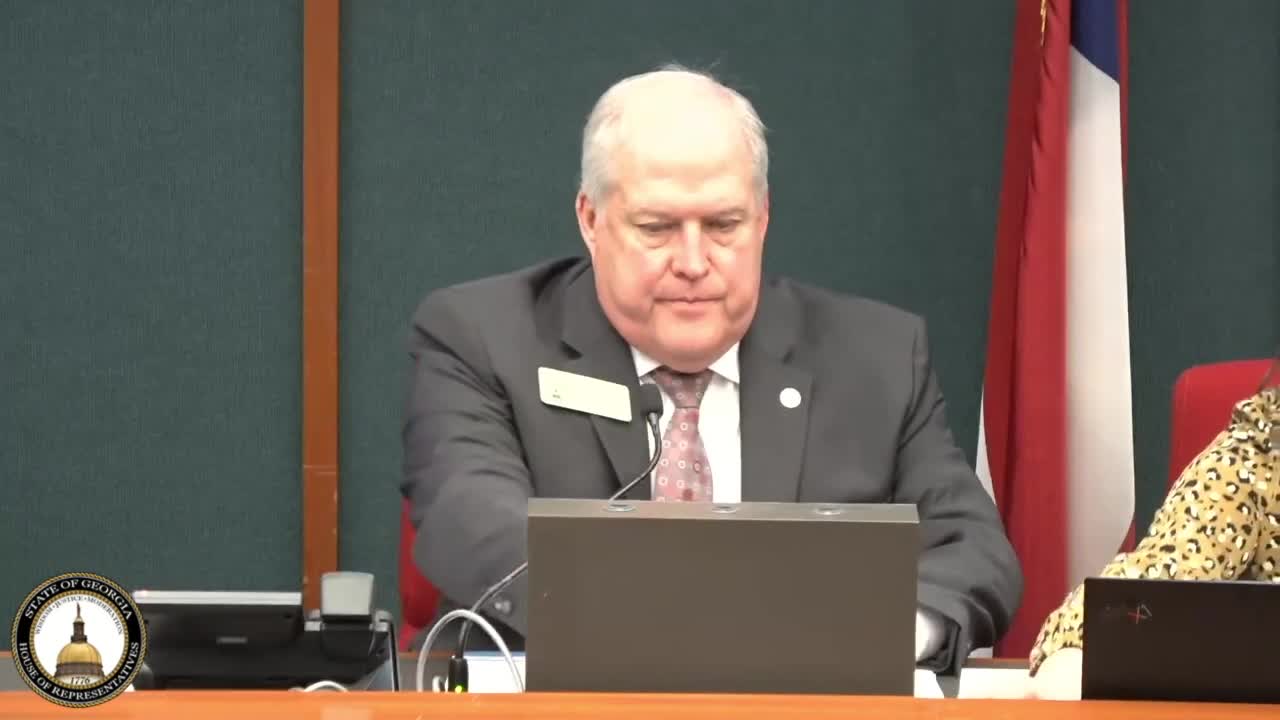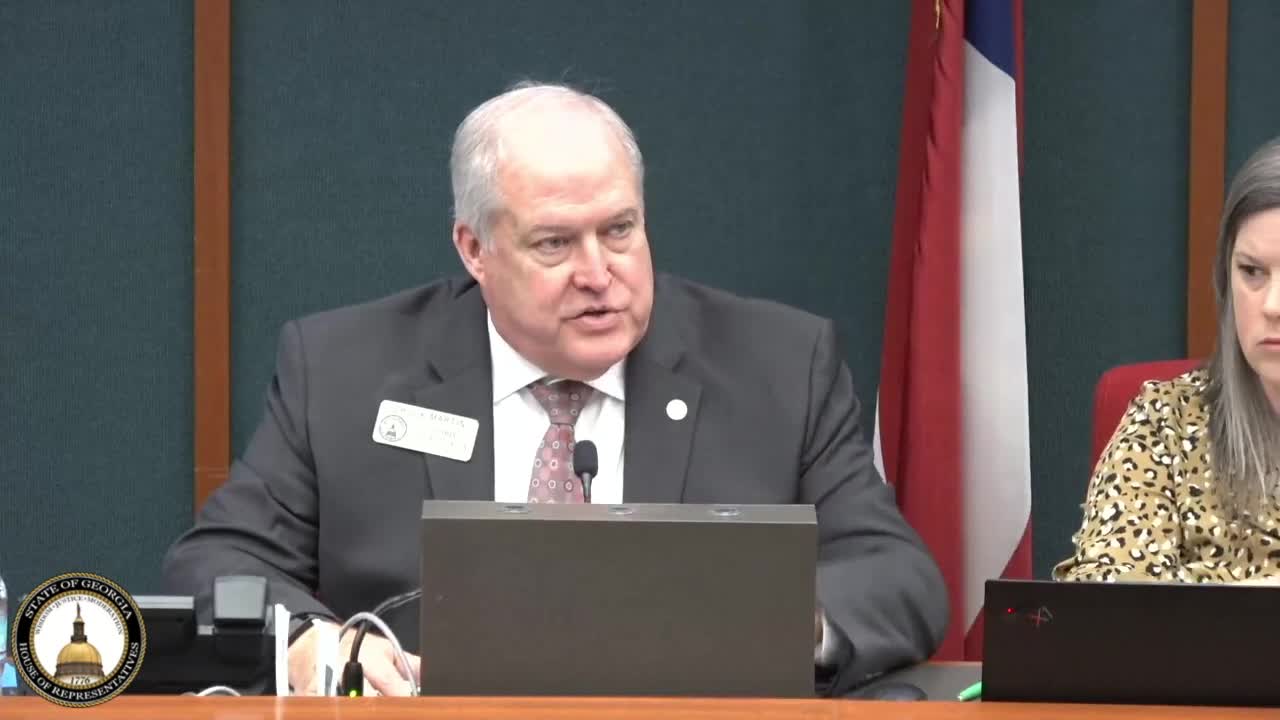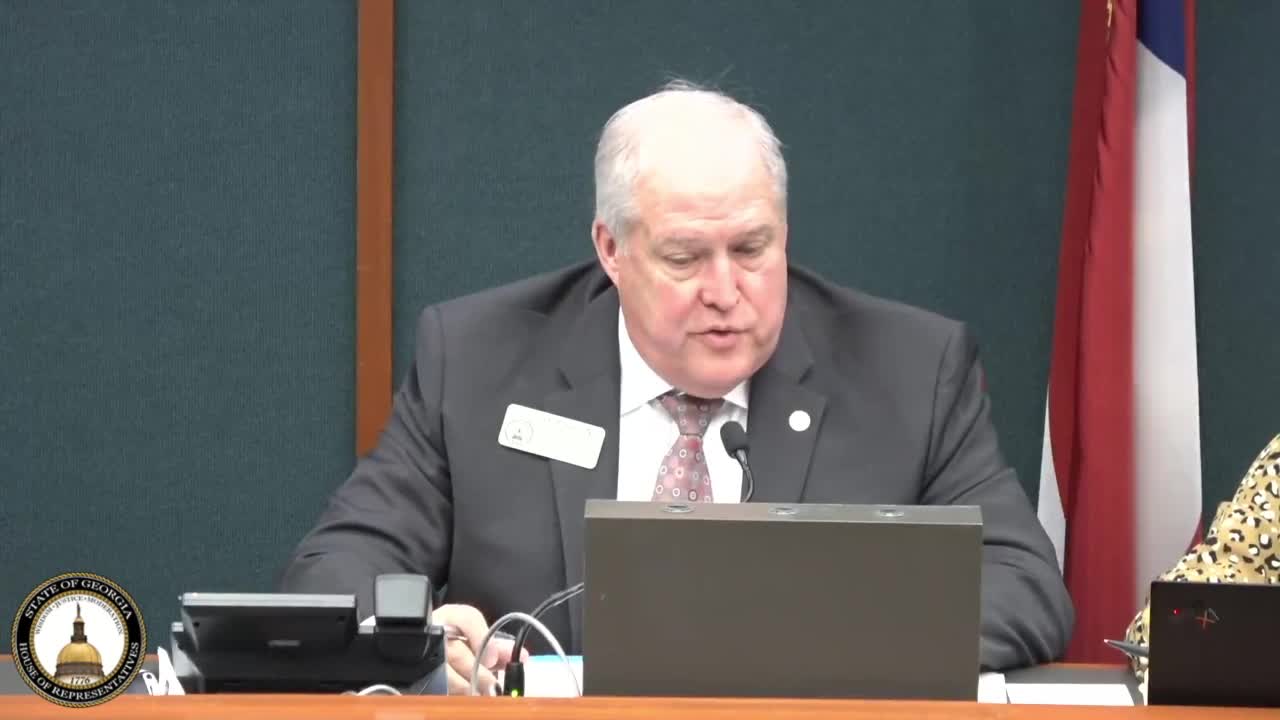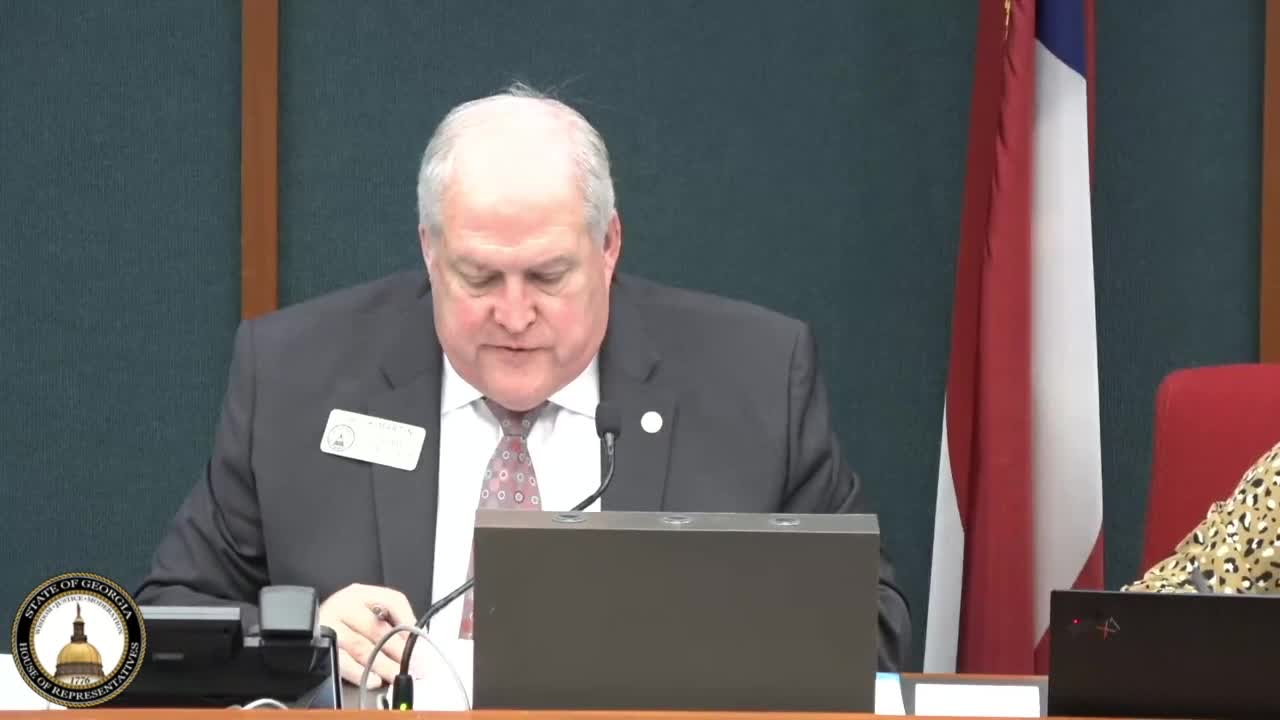Article not found
This article is no longer available. But don't worry—we've gathered other articles that discuss the same topic.

GSFC report shows growth in dual enrollment; committee hears details of eligibility, process and costs

Emory researcher urges Georgia to expand AI training in higher education and the workforce

Committee hears bill to create loan forgiveness for biomedical technicians in rural Georgia

